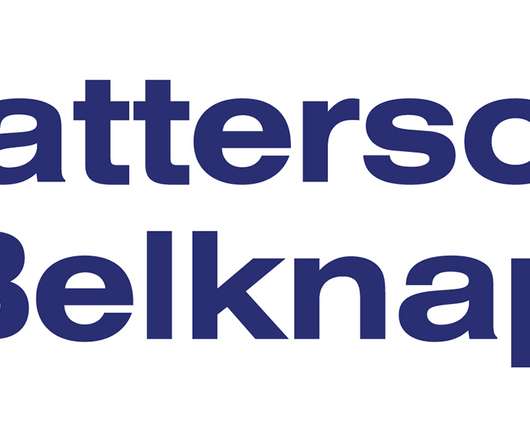New Court Ruling on Whether Avoidance Powers Require Benefit to Creditors
PBWT
JULY 20, 2021
The Bankruptcy Code grants the power to avoid certain transactions to a bankruptcy trustee or debtor-in-possession. In a recent decision, the United States Bankruptcy Court for the District of New Mexico addressed this question, concluding, in the face of a split of authority, that there was such a requirement. Glove, Inc. ,











Let's personalize your content